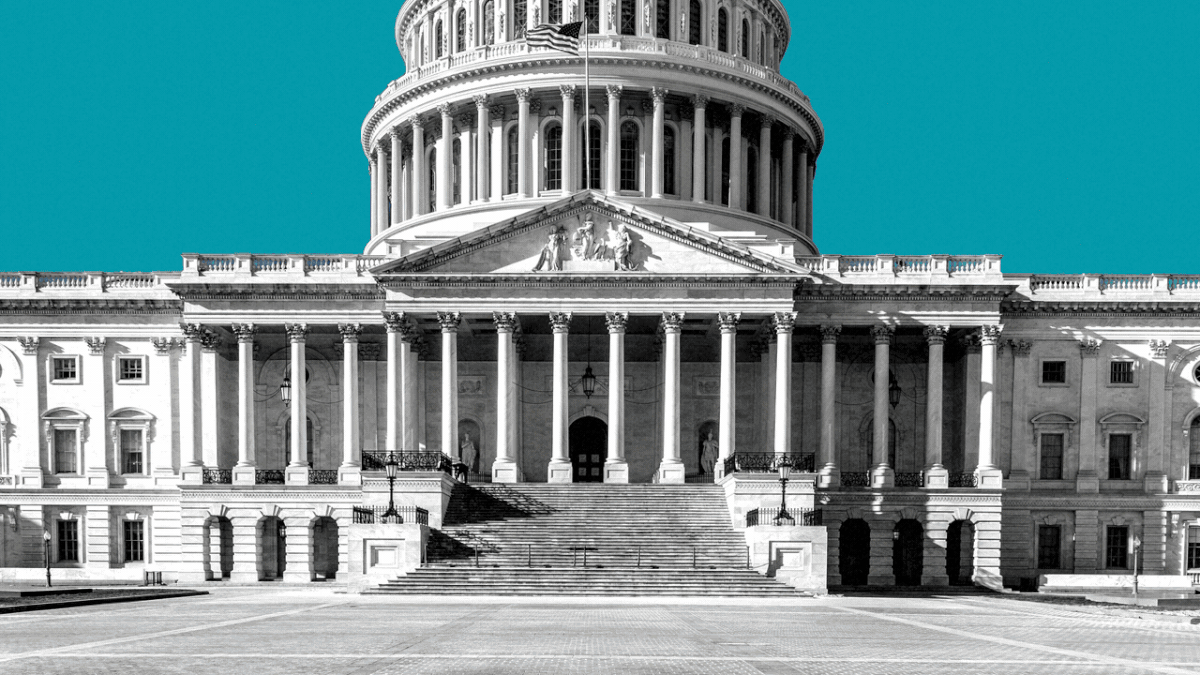eNews, Government
Senate proposes raising the debt limit on Subchapter V filings to $7.5 million

The Senate introduced an amendment to raise the debt limit for Subchapter V bankruptcy filings from $3 million to $7.5 million. Subchapter V of Chapter 11 of the U.S. Bankruptcy Code offers small businesses an alternative to filing for a traditional bankruptcy that is more expedited and cost-efficient but shifts some of these burdens onto credit managers.
The debt limit was initially $2.7 million when Subchapter V was created under the Small Business Reorganization Act (SBRA) of 2019, but it was raised to $7.5 million in 2020 in response to the COVID-19 pandemic. The heightened debt limit was extended twice before lapsing back to $3 million in June 2024.
Subchapter V bankruptcies are more streamlined than traditional bankruptcies. With no creditors’ committee, there is a significantly lower cost for trustees and attorneys, making the filings easier for smaller businesses. Subchapter V was initially intended to help more small businesses rebuild rather than filing for Chapter 7 liquidation.
Businesses that file for Subchapter V can often get the matter out of the courts once they have a confirmed plan that often includes them paying debts over a period of months or years. The lack of oversight on these payments has sparked concerns that the task of ensuring these payments are made falls to the creditors.
“For credit managers who have not had to deal with a Subchapter V case and are wondering how this might impact them, I would encourage them to look at their Chapter 7 experiences for businesses with between $5 million and $7.5 million in debt,” said Ash Arnett, NACM’s Washington Representative, PACE Government Affairs. “Consider the impact of writing off all the outstanding debt, or the cost of having to pursue monthly payments over the course of several years.”
The recent amendment is one of more than 600 amendments submitted for consideration in the National Defense Authorization Act, which sets the Department of Defense’s budget for the fiscal year. Senate Bill 3382, introduced by Senator Charles Grassley (R-IA) and cosponsored by Senator Dick Durbin (D-IL), would extend the higher debt limit for two years and contains a provision that would retroactively cover cases filed on or after June 21, 2024.
The National Defense Authorization Act (S.2296) will likely be discussed in the Senate in early September; it is not a given that the Subchapter V amendment will be included in the final version of the bill.





